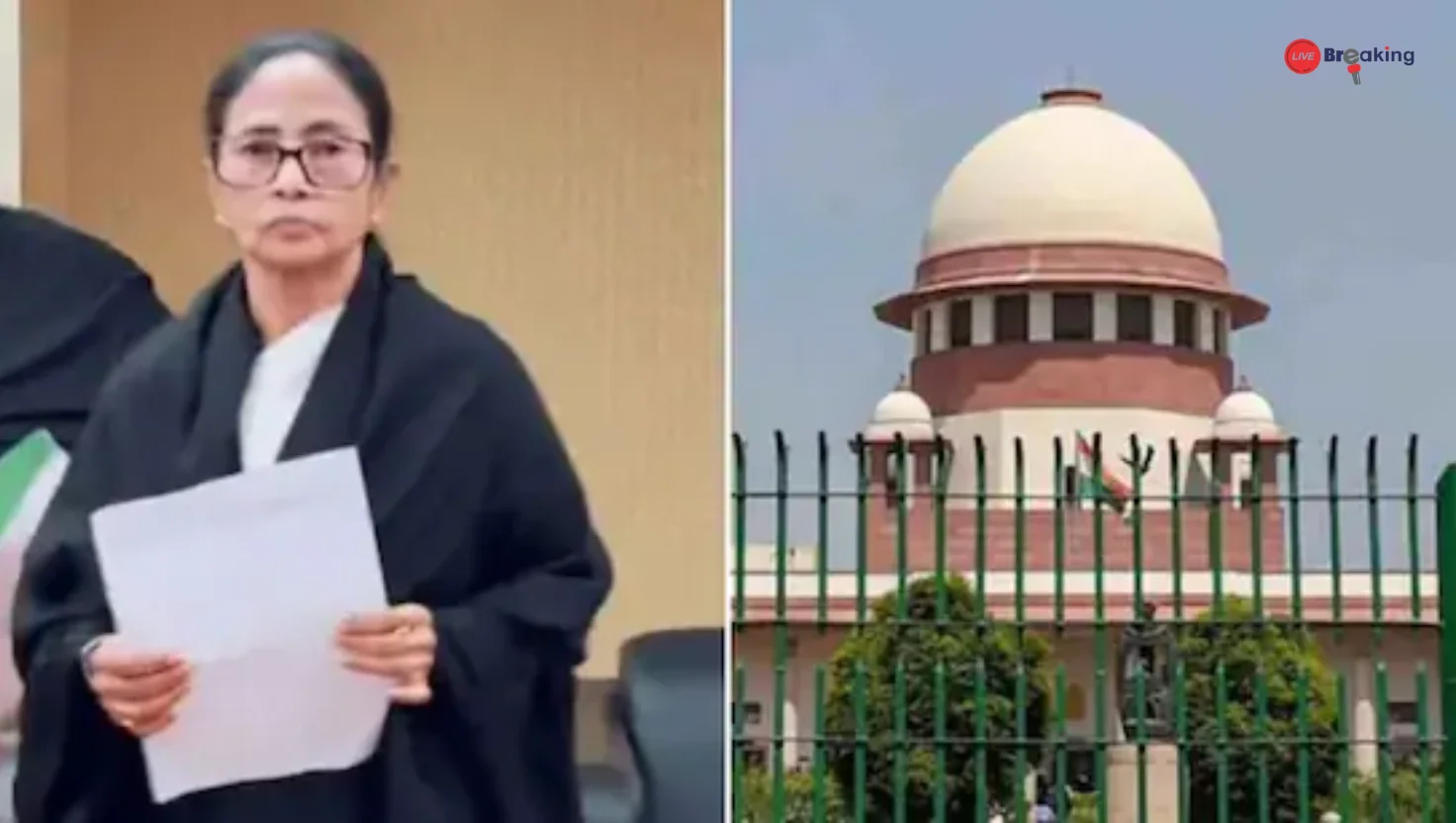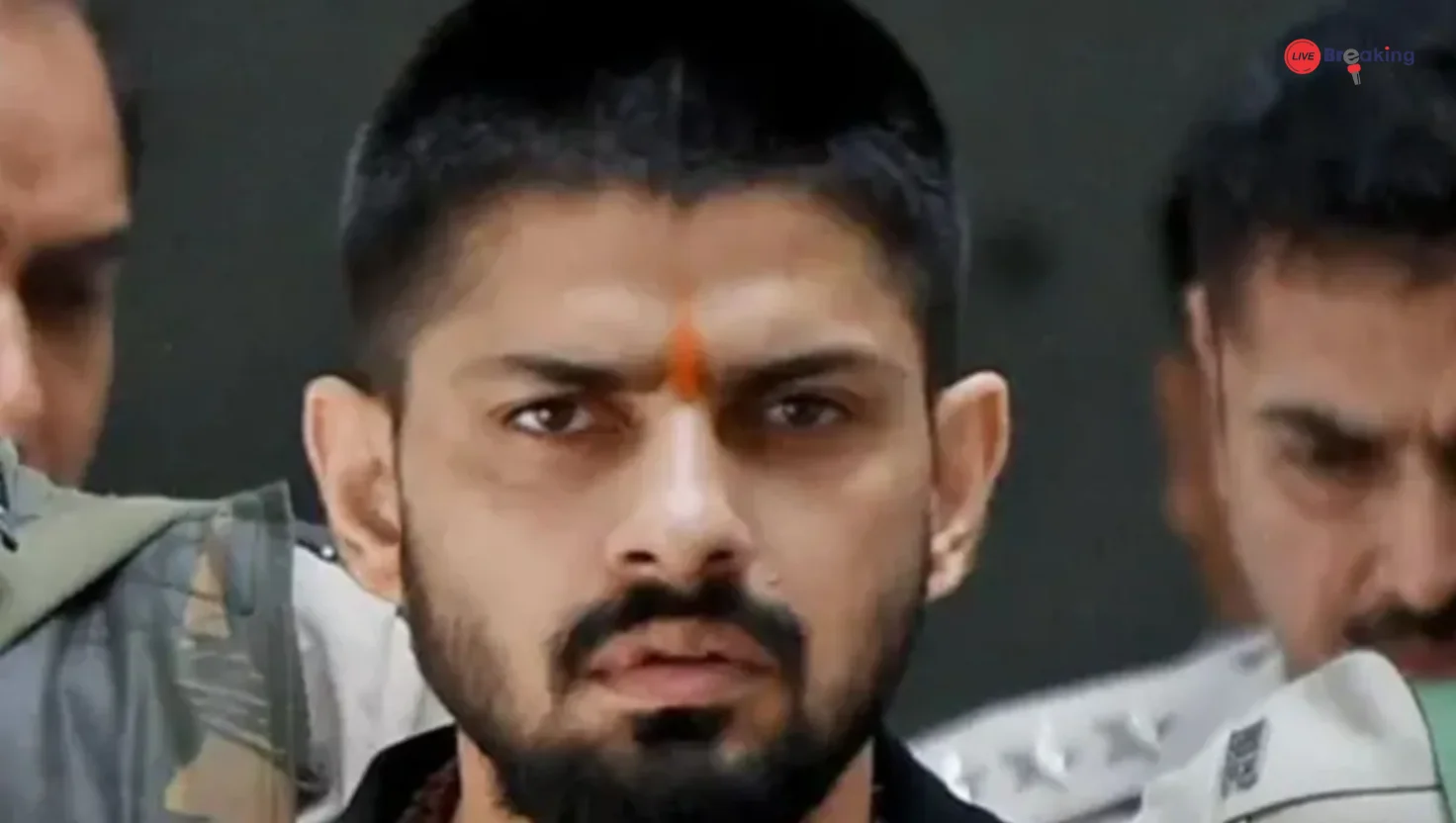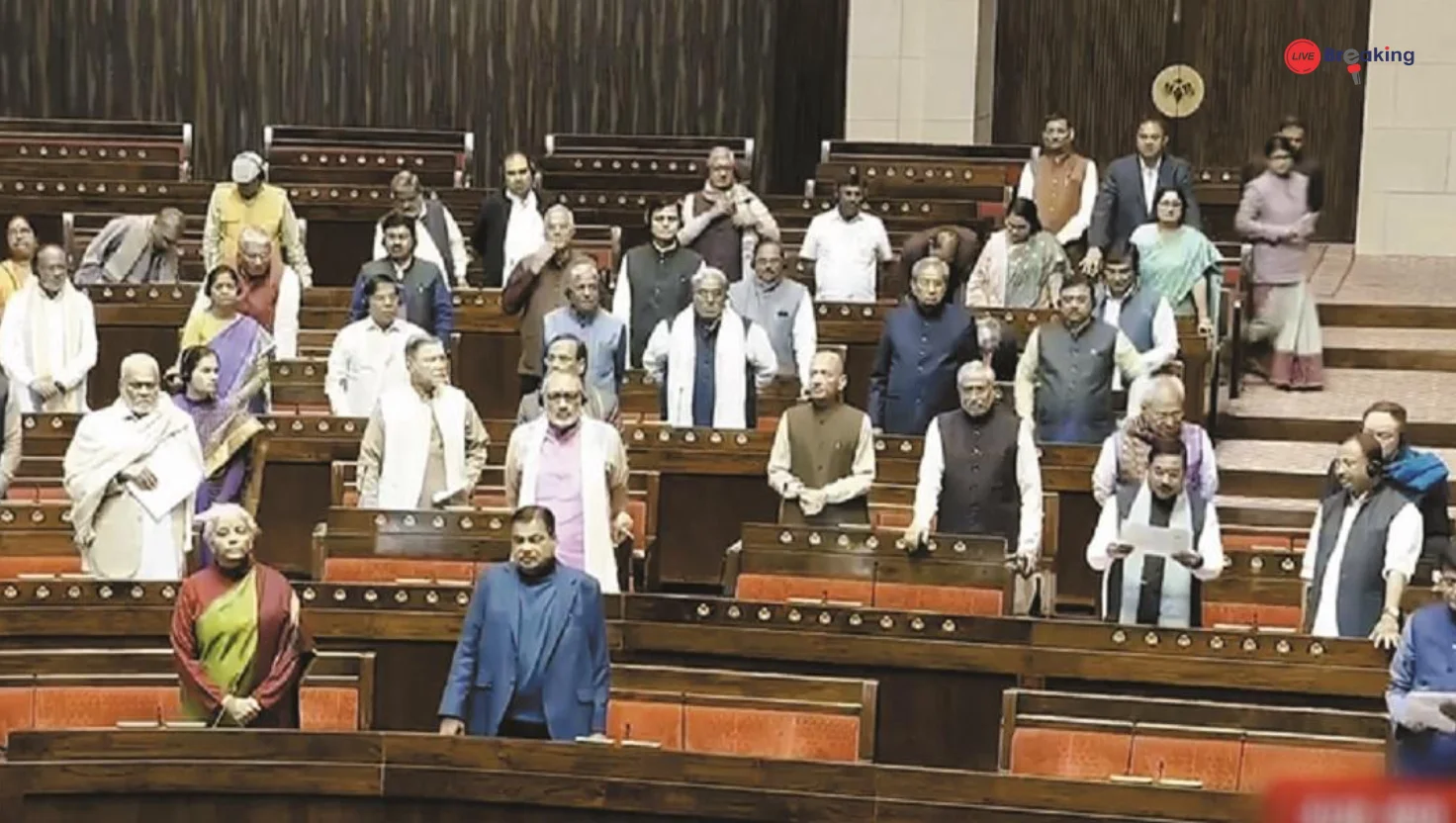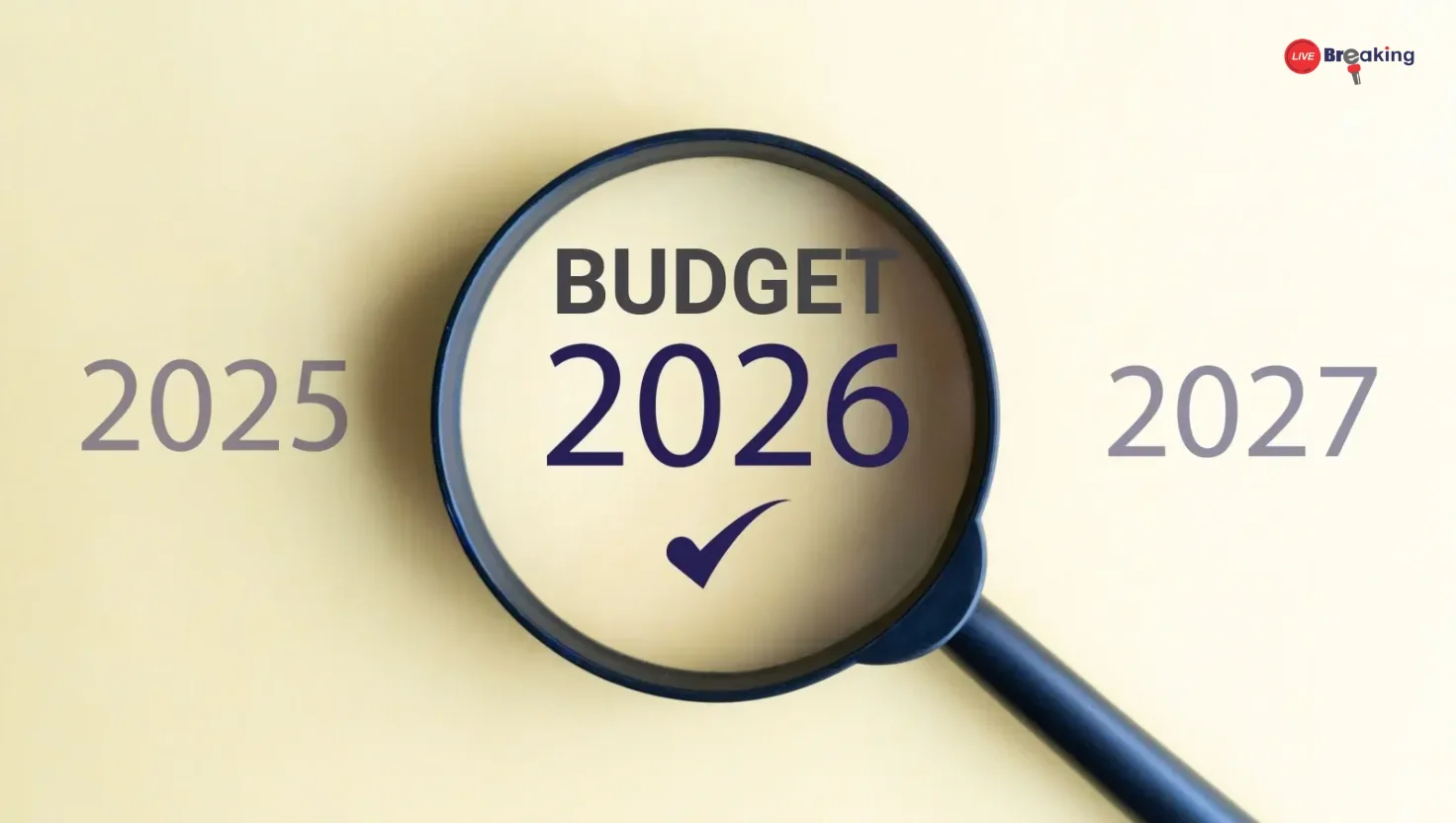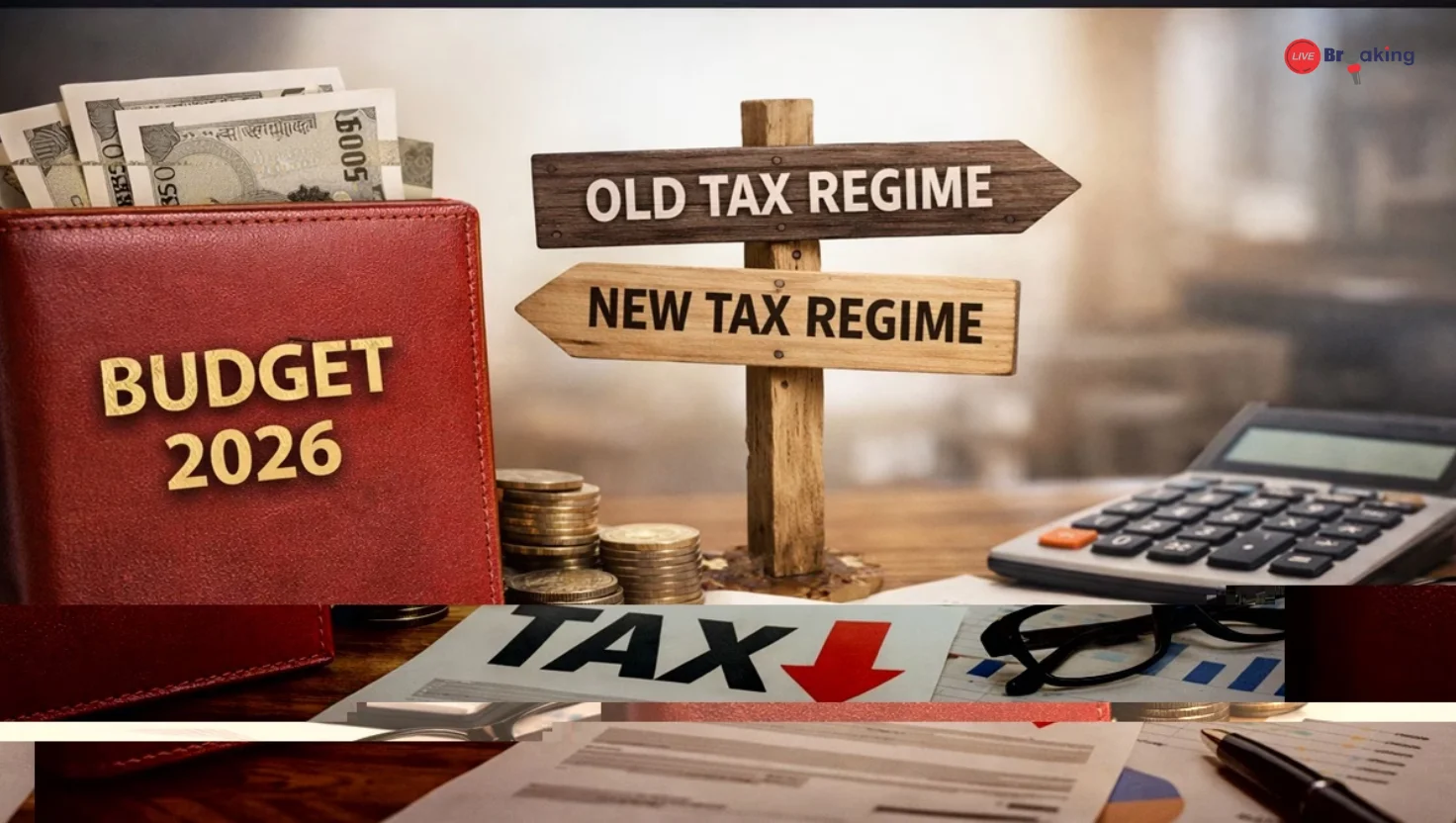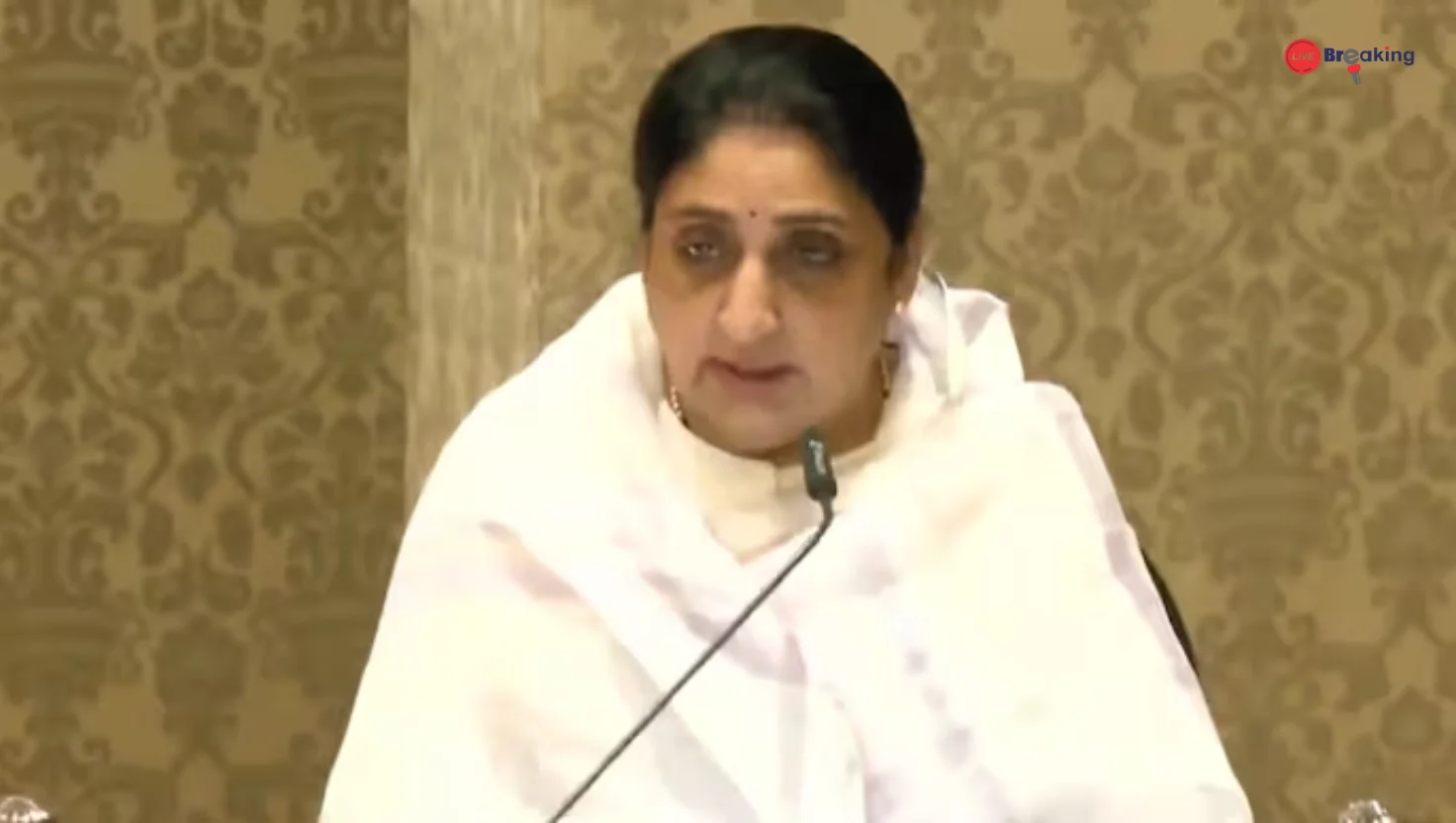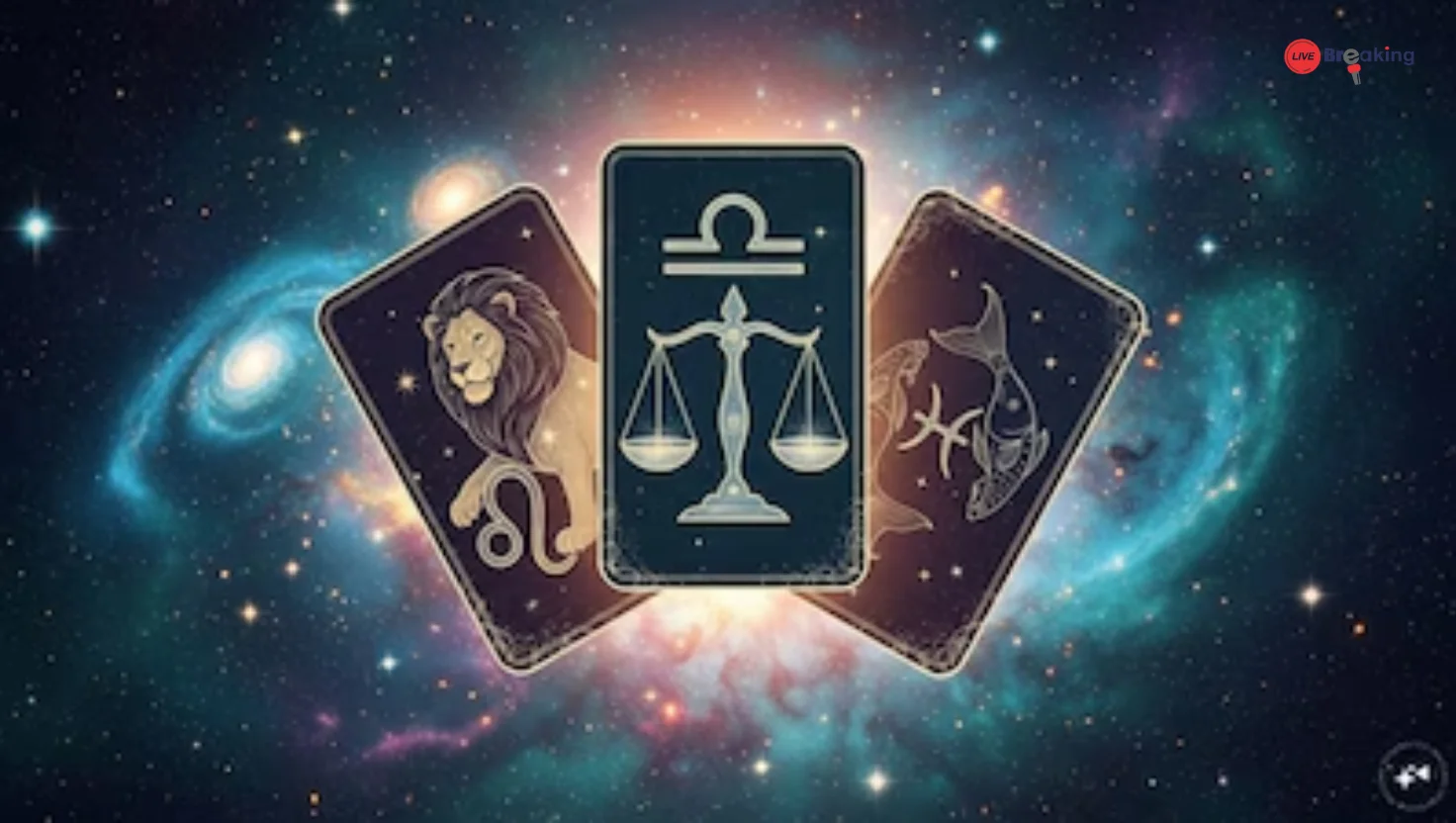US Reacts to Pak Army Chief’s Nuke Threat, Reaffirms Partnership With India
The United States has sought to calm any concerns over its strategic stance in South Asia, reaffirming that its relationship with India remains robust and unwavering despite recent tensions triggered by provocative remarks from Pakistan’s Army Chief.
In recent days, Pakistan’s top military leader issued alarming statements hinting at nuclear retaliation if his country were pushed into a corner, even suggesting potential strikes on Indian economic and infrastructure assets. Such rhetoric, delivered from foreign soil, sparked outrage in New Delhi and prompted a strong diplomatic response. India condemned the comments as dangerous “nuclear sabre-rattling” and accused Pakistan of acting as an irresponsible nuclear state.
Amid these developments, Washington stepped in to clarify its position. A U.S. State Department spokesperson emphasised that America’s ties with India remain steady, rooted in shared democratic values, strategic cooperation, and mutual economic interests. While acknowledging ongoing U.S. engagement with both India and Pakistan, the official stressed that recent statements from Islamabad would not alter the fundamental trajectory of the India–U.S. partnership.
India–US Partnership: A Strategic Pillar
India and the United States have spent decades building a multifaceted relationship that spans defence cooperation, trade, technology, energy, and counterterrorism. In recent years, the partnership has deepened through high-level dialogues, joint military exercises, and increased collaboration in emerging sectors such as space, semiconductor manufacturing, and clean energy.
For Washington, New Delhi is viewed as a critical partner in ensuring a free, open, and secure Indo-Pacific region. For India, U.S. support is vital in balancing regional power equations and advancing its own growth agenda. Against this backdrop, officials on both sides have been careful to protect the relationship from being undermined by third-party tensions.
Navigating a Delicate Regional Balance
The U.S. continues to maintain relations with Pakistan, driven by its own geopolitical considerations, including counterterrorism cooperation, regional stability, and humanitarian engagement. However, balancing these ties with its strategic partnership with India requires diplomatic finesse—especially when Islamabad’s rhetoric raises security alarms.
Washington’s latest statement reflects this balancing act. By reassuring India while avoiding open confrontation with Pakistan, the U.S. aims to preserve dialogue channels with both nations. This approach also helps prevent the escalation of verbal threats into more serious military posturing in the region.
India’s Response: Strategic Calm and Resilience
Indian policymakers, while sharply criticising Pakistan’s nuclear threats, have avoided inflaming the situation further. New Delhi’s measured tone reflects confidence in its own defence capabilities, as well as trust in its growing network of global partnerships.
Read more: Rahul Gandhi Alleges Election Fraud, EC Challenges Him to Prove It
India has, in recent years, invested heavily in strengthening its deterrence posture—modernising its armed forces, advancing indigenous defence production, and expanding security ties with nations such as the U.S., Japan, Australia, and France. This broader framework of alliances provides India with strategic depth and the assurance that its concerns are taken seriously by major powers.
Economic and Political Factors at Play
Beyond security, the India–U.S. relationship is underpinned by strong economic ties. Bilateral trade has grown significantly, with both nations exploring opportunities in high-tech manufacturing, digital services, pharmaceuticals, and renewable energy. India’s expanding consumer market and skilled workforce make it an attractive partner for American investors, while U.S. technology and capital are critical for India’s developmental ambitions.
Politically, both democracies benefit from public goodwill toward one another, supported by a large and influential Indian diaspora in the United States. This people-to-people connection reinforces the political will to maintain and expand bilateral cooperation, regardless of temporary geopolitical turbulence.
Looking Ahead: Strengthening Strategic Alignment
Analysts believe that incidents like the recent nuclear rhetoric from Pakistan serve as reminders for India and the U.S. to further strengthen their strategic coordination. This could include deepening intelligence sharing, enhancing defence technology transfers, and expanding joint military readiness in sensitive theatres.
Read more: Opposition MPs Sport ‘124-Year-Old Minta Devi’ Shirts, Election Commission Calls It a Mistake
In the longer term, Washington is expected to maintain its careful balancing approach in South Asia while prioritising its strategic bond with India. For New Delhi, the focus will likely remain on leveraging its partnership with the U.S. to accelerate economic growth, advance technological self-reliance, and secure its position as a leading global power.
Conclusion
While Pakistan’s recent statements have momentarily stirred regional tensions, they have done little to shake the core of India–U.S. relations. Washington’s reassurance underscores the resilience of this partnership, built on decades of shared interests and values. As the Indo-Pacific’s strategic landscape continues to evolve, both nations appear committed to navigating challenges together—ensuring that their ties remain strong, regardless of external provocations.





